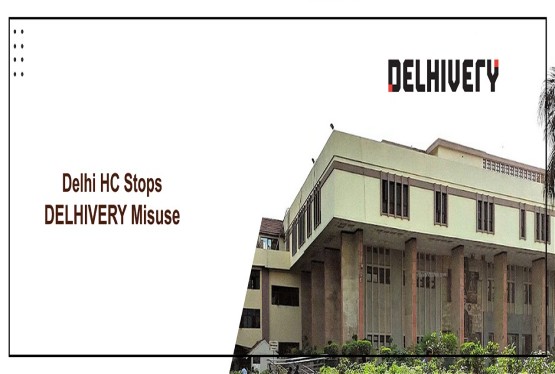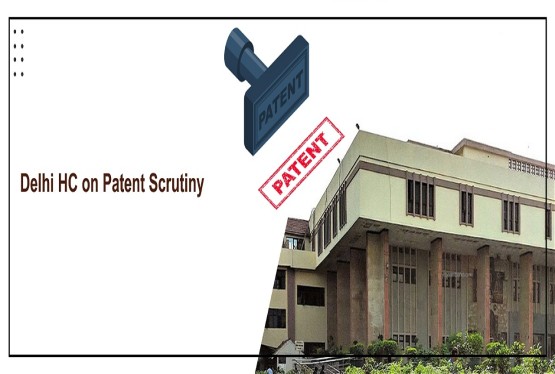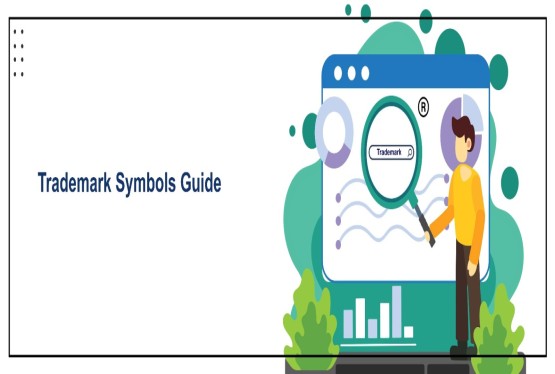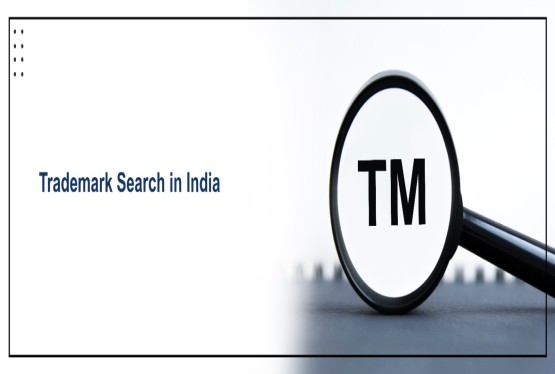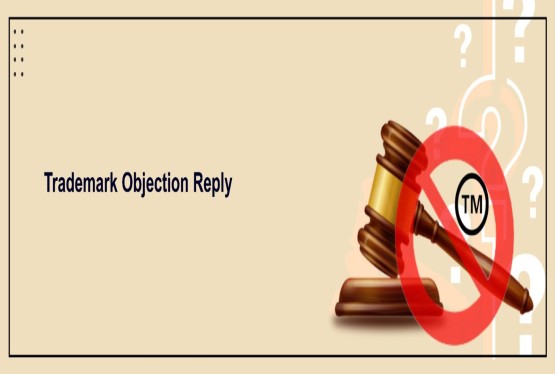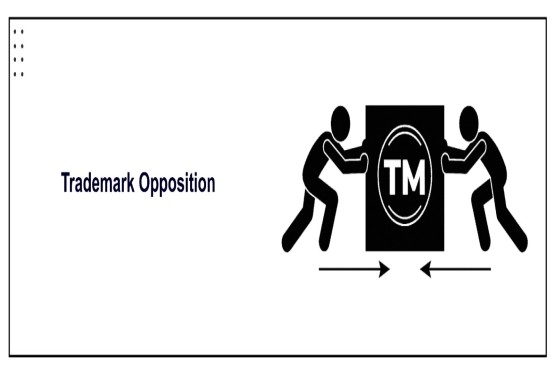The ongoing legal battle between boAt and BOULT has emerged as one of the most significant disputes in India’s consumer electronics sector. Both brands are direct competitors in the fast-growing audio and wearable device market, where consumer trust and strong brand identity are vital.
The plaintiff, Imagine Marketing Pvt. Ltd., owner of the boAt brand, accused the defendant, Exotic Mile, trading as Boult Audio, of adopting a mark, logo, and tagline that are deceptively similar to its own. The dispute raises the question of whether the use of “BOULT” can cause confusion with “boAt” and whether such use constitutes trademark infringement, passing off, or unfair competition.
This case highlights not only the importance of brand distinctiveness in the digital age but also how Indian courts assess phonetic resemblance, visual impression, and consumer perception in deciding trademark disputes.
Background
-
Plaintiff/Appellant: Imagine Marketing Pvt. Ltd. (boAt), a leading Indian brand for audio products and accessories.
-
Defendant/Respondent: Exotic Mile (Boult Audio), engaged in the same line of business audio and wearable electronics.
-
Dispute: Whether “BOULT” is deceptively or confusingly similar to “boAt,” and if BOULT’s use of names, logos, and taglines constitutes trademark infringement, passing off, or unfair trade practice.
Legal Issues & Principles
Trademark Infringement (Section 29) – Whether BOULT’s use infringed boAt’s registered rights in Class 9.
Passing Off (Section 27) – Even if BOULT was registered, its use could mislead consumers and harm boAt’s goodwill.
Refusal Grounds (Section 11) – Marks likely to cause confusion cannot be allowed.
Prior User Rights (Section 34) – boAt, as the earlier user, retained stronger protection.
Remedies (Section 135) – Interim injunctions and damages available when infringement or passing off is established.
Contentions
Plaintiff’s Arguments (boAt)
-
boAt emphasized its prior and extensive use of the mark, building strong goodwill, consumer loyalty, and brand recognition.
-
BOULT’s adoption was alleged to be dishonest, aiming to capitalize on boAt’s reputation.
-
Key points of similarity:
-
Marks: “boAt” and “BOULT” sound and look similar, sharing letters and phonetic patterns.
-
Logos: Both use triangular shapes and similar color themes.
-
Slogans: “Unplug Yourself” (BOULT) was claimed to echo “Plug into Nirvana” (boAt).
-
Product names: “Boult BassBuds” was compared with boAt’s “BassHeads.”
-
Sales channels: Both brands sell via e-commerce platforms like Amazon, Flipkart, and Myntra, increasing chances of consumer confusion.
-
Relief sought: injunction (temporary and permanent), damages, and an account of profits.
Defendant’s Arguments (BOULT)
-
BOULT argued that its branding is visually and structurally distinct from boAt.
-
Claimed that it had coined and registered its trademark independently in 2017 with significant investment.
-
Asserted that online consumers are well-informed and unlikely to be confused by phonetic similarities.
-
Denied dishonest adoption and questioned the extent of alleged confusion.
Judicial Decisions & Reasoning
Single Judge (Delhi High Court – Interim Injunction)
-
The court initially granted an interim injunction in favor of boAt.
-
Observations included:
-
boAt was the prior user of the mark for identical goods.
-
Phonetic similarity between “BOAT” and “BOULT” was sufficient to create confusion.
-
Logos and visual themes were too close to ignore.
-
Similar taglines and product naming practices reinforced the confusion.
-
Registration by BOULT did not act as an absolute defense; passing off and unfair competition claims could still stand.
-
As a result, BOULT was temporarily restrained from using “BOULT” and its tagline.
Division Bench (Appeal – Delhi High Court)
-
On appeal, the Division Bench stayed the injunction, holding that the issue of similarity required further consideration.
-
However, in later hearings, the Bench clarified that:
-
Online sales may reduce but do not eliminate confusion risks.
-
Since names “stay in the consumer’s mind,” phonetic similarity continues to matter.
-
Certain restraints on BOULT’s use of its logos and marks remained in place.
-
The case is formally titled Exotic Mile v. Imagine Marketing Pvt. Ltd. at this stage.
Legal Issues & Principles
-
Infringement vs. Passing Off: Even if a mark is registered, it may still face a passing off action for misrepresentation or confusion.
-
Confusion Test: Courts evaluate phonetic resemblance, visual similarity, structural aspects, trade dress, nature of goods, and consumer behavior.
-
Dishonest Adoption: Bad-faith adoption to exploit another’s goodwill strengthens a claim for injunction.
-
Impact of Online Sales: Digital marketplaces increase brand overlap, keeping the risk of confusion relevant despite consumer awareness.
-
Injunction Principles: Relief is granted if there is a prima facie case, balance of convenience, and risk of irreparable harm.
Current Status
-
The initial injunction against BOULT was granted but later stayed on appeal.
-
Subsequent orders reaffirmed that confusion could occur, and BOULT’s use of logos and marks has been restricted.
-
The case remains pending for final determination.
Significance
- Goodwill matters – Even younger brands like boAt can successfully enforce trademark rights.
-
Registration is not absolute – Passing off claims remain valid against registered marks if confusion exists.
-
Digital context is critical – Overlap on e-commerce platforms heightens brand risks.
-
Confusion is multi-factorial – Courts look beyond sound to logos, trade dress, and slogans.
-
Injunctions are fact-specific – Courts balance evidence, convenience, and possible harm.
Final Word
The boAt vs BOULT dispute underscores the evolving dynamics of trademark law in India, particularly in industries where brand value drives consumer choice. It illustrates that even subtle similarities in marks, logos, or slogans can trigger major litigation when businesses compete in the same space. The Delhi High Court’s observations reinforce that consumer perception is decisive and registration alone does not prevent passing off claims.
For companies, the case is a strong reminder to adopt unique, distinctive brand identities and conduct comprehensive trademark searches before market entry. For legal practitioners, it highlights how courts weigh phonetic resemblance, design, and digital market realities in modern trademark disputes.
FAQs
Q1. What was the main issue in the boAt vs BOULT case?
Ans. Whether the use of “BOULT” was deceptively similar to “boAt,” leading to consumer confusion and trademark infringement.
Q2. Which court handled the dispute?
Ans. The matter was heard by the Delhi High Court, first by a Single Judge and then by a Division Bench.
Q3. Why did boAt challenge BOULT’s branding?
Ans. Because of alleged similarities in the name, logo, slogans, and product names, which could mislead buyers.
Q4. Did BOULT have trademark registration?
Ans. Yes, but the Court clarified that registration does not prevent a passing off action.
Q5. What is the present status of the case?
Ans. The injunction was initially granted and later stayed. The matter is still pending final judgment, with interim restrictions on BOULT’s use of branding.

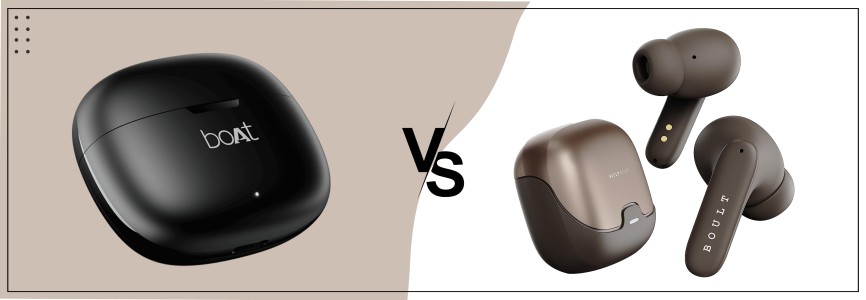




























_(b)_of_the_Trademark_Act,_1999_(1)_crop10_thumb.jpg)



_crop10_thumb.jpg)




























_crop10_thumb.jpg)
_crop10_thumb.jpg)






_crop10_thumb.jpg)








_crop10_thumb.jpg)



_crop10_thumb.jpg)





























_crop10_thumb.jpg)

















_crop10_thumb.jpg)






_crop10_thumb.jpg)












































































































































_crop10_thumb.jpg)




































_crop10_thumb.jpg)












_crop10_thumb.jpg)















































_crop10_thumb.jpg)

































































































